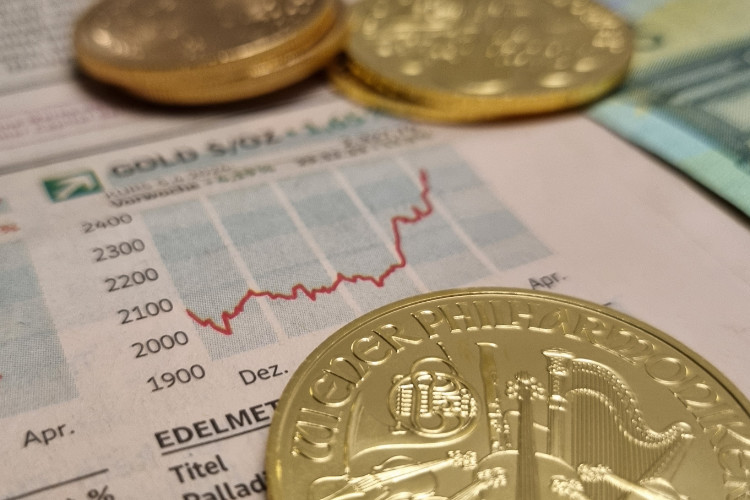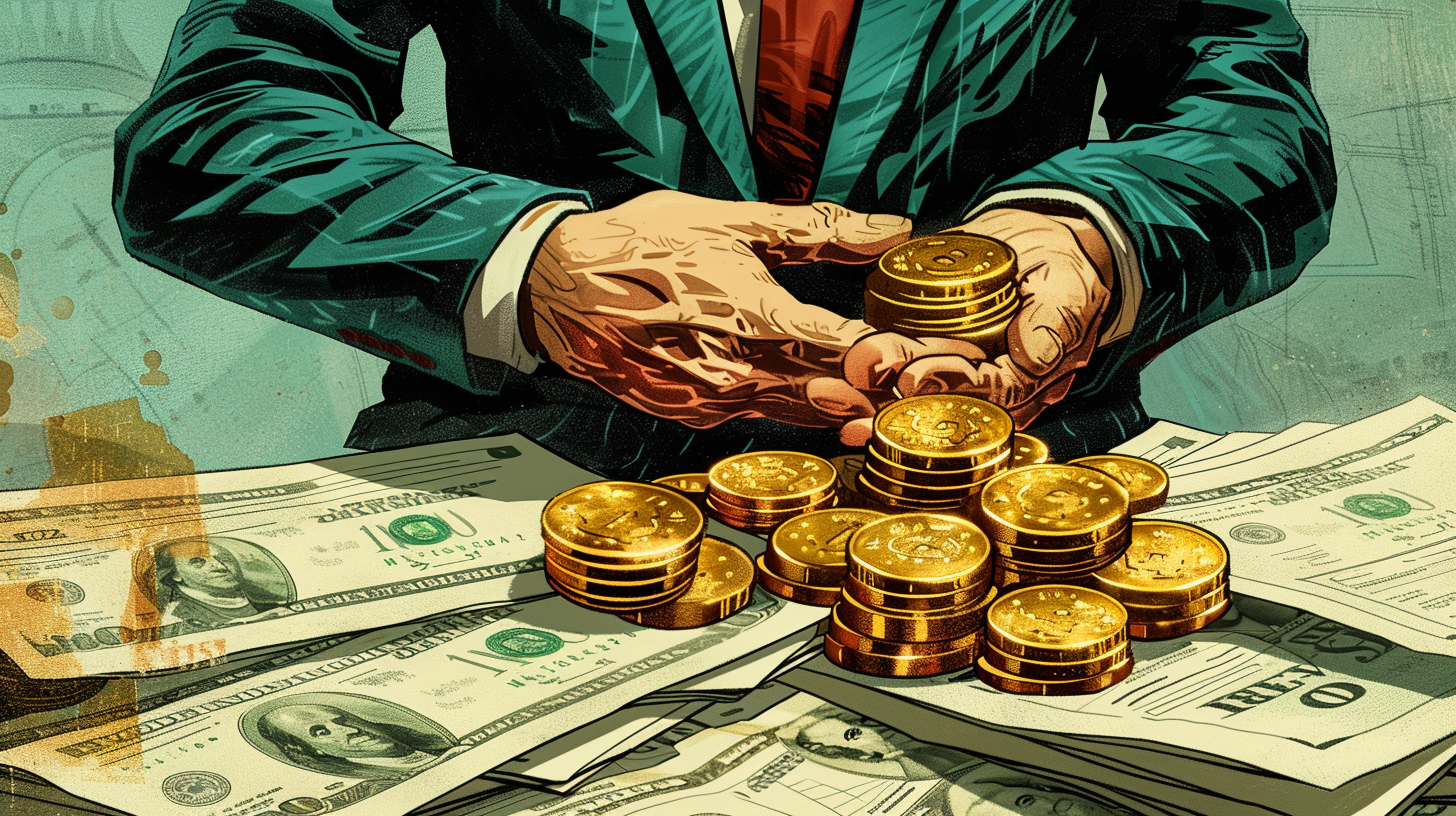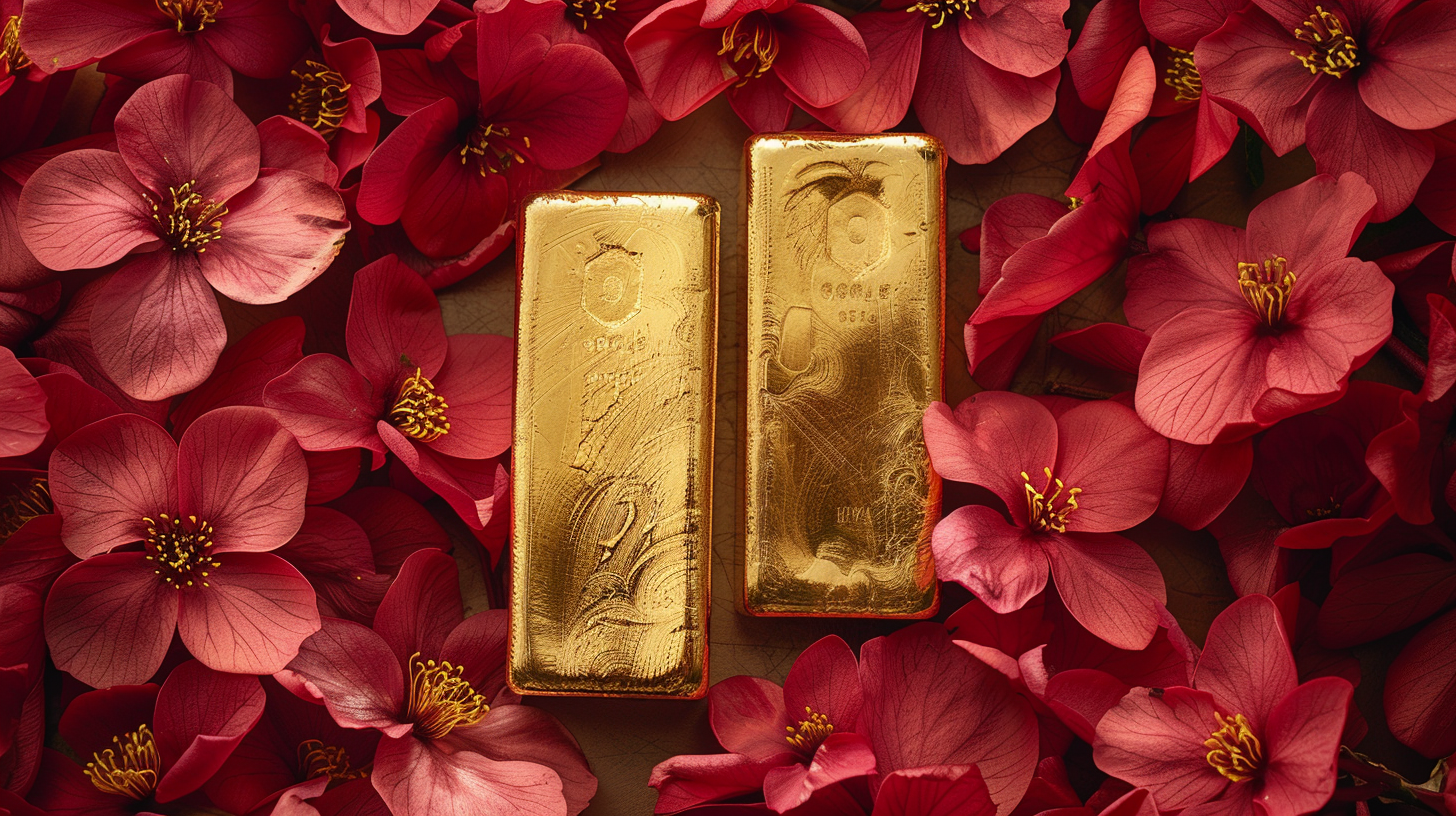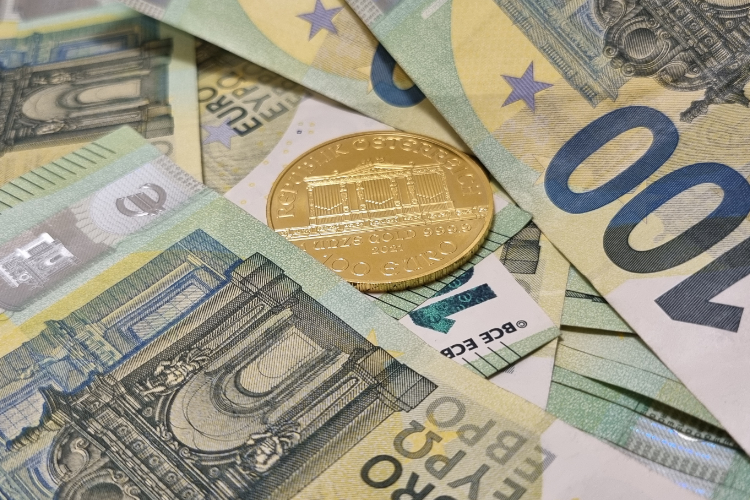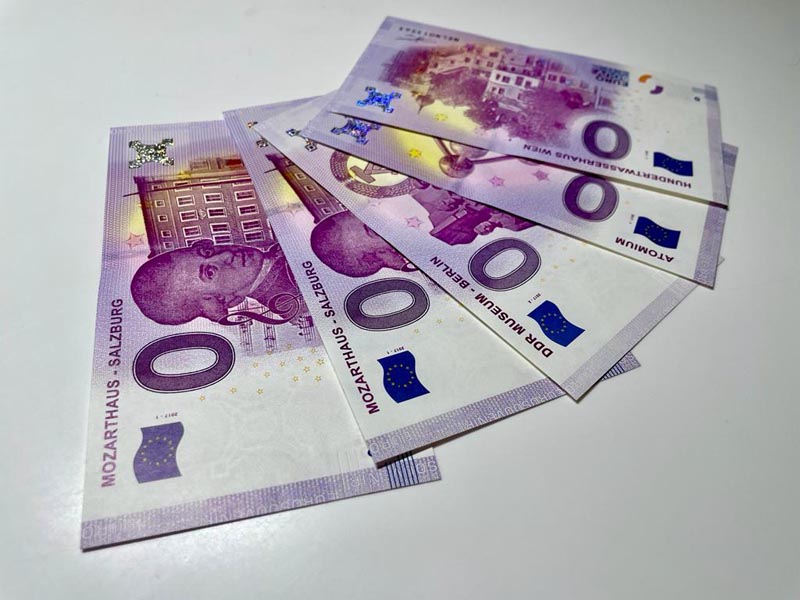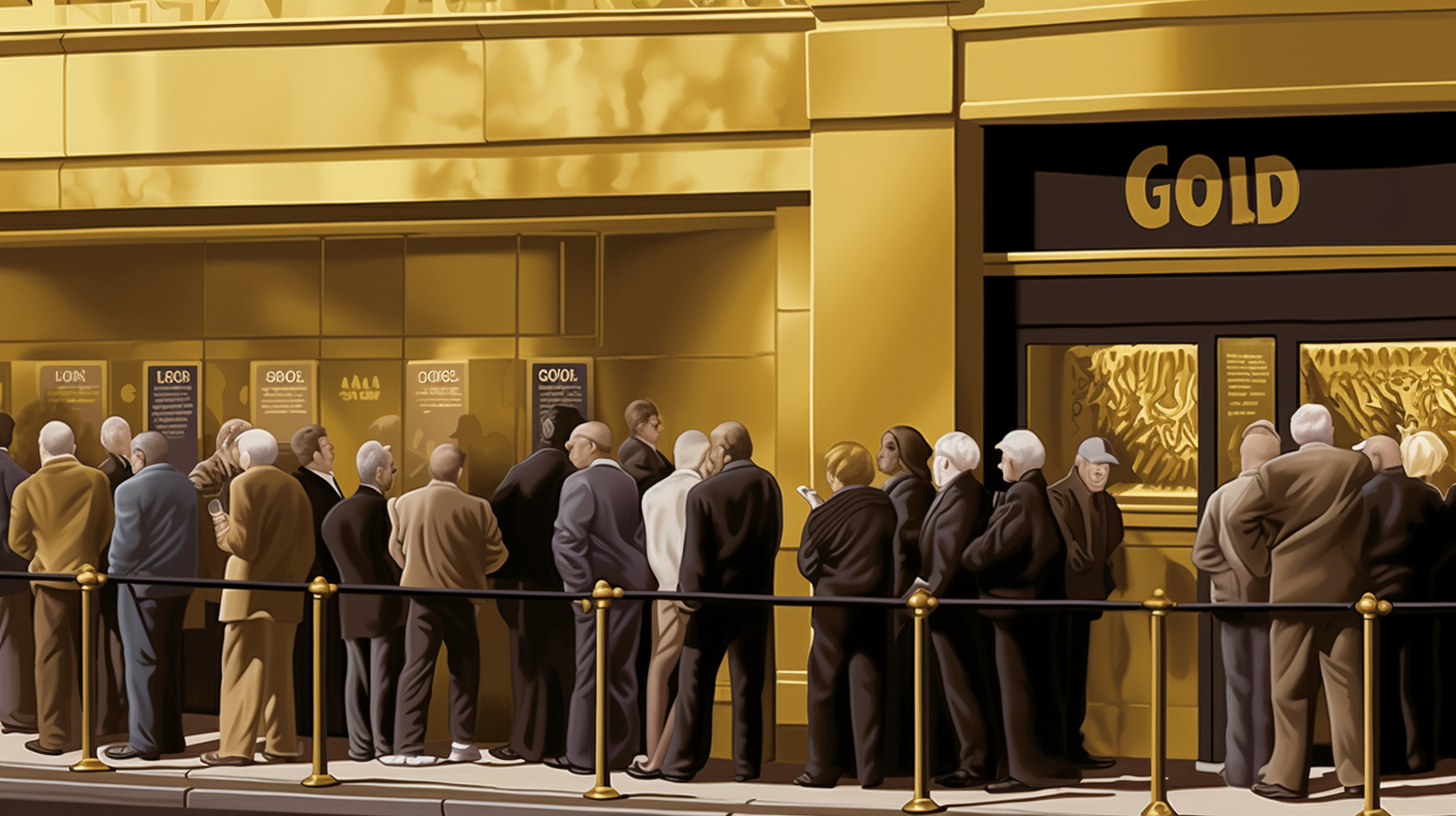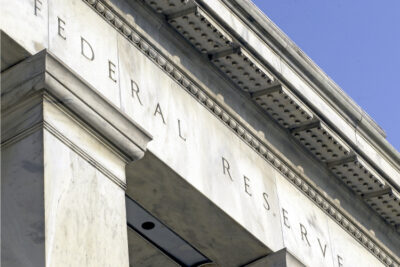
Inflation has us firmly in its grip. Now the high inflation rates also seem to be prompting central bankers to react. Economists are hoping that both the US Fed and the ECB for the euro zone will raise their key interest rates. Is 2022 the year of the interest rate turnaround? The impact on the financial markets would probably be enormous. But what does the interest rate turnaround mean for gold fans?
Fed: Interest rate hikes in four steps in 2022
Federal Reserve Chairman Jerome Powell and Treasury Secretary Janet Yellen believe that the economic upswing in the United States has so much momentum that monetary policy "boosting" is no longer necessary. The biggest problem for the U.S. economy is thus no longer economic activity and unemployment figures, but inflation, which last rose to a full 7% toward the end of 2021.
Analysts expect the Federal Reserve to raise interest rates in the USA in four steps this year. The first jump is likely to take place in mid-March. An increase of 50 basis points, or 0.5%, is expected.
This seems to mean that the ultra-loose monetary policy of the USA is finally coming to an end. The Fed had already scaled back its bond purchases in November 2021. With the increase in the key interest rate, the bond purchases are likely to be discontinued completely in March.
"Madame Inflation" & the ECB's Key Interest Rate

So, while the U.S.A. is taking new paths in monetary policy, ECB chief Christine Lagarde still ruled out an interest rate turnaround in 2022 at the end of last year. The Corona situation continues to necessitate a loose monetary policy. The ECB's key interest rate will therefore probably remain at 0.0 percent for the time being.
This attitude is particularly worrying given that the ECB itself is now forecasting an inflation rate of 3.2 percent for 2022. This is a rate of inflation that is significantly higher than the 2.0 percent target it has set itself.
The ECB will also only soften its current course somewhat when it comes to bond purchases. The Corona emergency program PEPP will expire in March, but additional billions will be pumped into the "old" APP program.
How will the gold price react to a turnaround in interest rates?

In the past, it has been shown that rising key interest rates usually turn out to be a damper on the gold price. Above all, higher nominal interest rates in the U.S. make gold look less attractive to investors. This is because interest-free gold does not yield any return compared to other safe investments such as government bonds. On the global gold market, demand could therefore fall and depress the price. So far, however, the rather concrete prospect of higher interest rates does not seem to have negatively impacted the gold price.
Gold is still traded in U.S. dollars. If the dollar were to strengthen as a result of a higher key interest rate, this would also affect the price of gold in other currencies. Gold would become more expensive in euros, pounds or yen. The gold price in euros would therefore rise due to the euro-dollar ratio.
Gold is likely to remain in demand as an inflation anchor and stabilizer in the portfolio. Even if the gold price is strongly oriented to the American market and the Fed policy, other developments also have an influence. And if, for example, the ECB continues to do nothing to counter inflation, real assets and thus precious metals such as gold and silver will remain an important inflation hedge.
Should you still buy gold now?
We always recommend our customers to hedge a certain portion of their savings with gold, silver or other precious metals. A general guideline is that between 10-20% of the assets are ideal as a gold investment.
In any case, the precious metal investment should be seen as a long-term investment, the main purpose of which is to protect one's assets against inflation and loss of value. Gold and silver are not suitable for short-term speculation.
If you want to buy precious metals as a security or for long-term asset accumulation, we advise you to buy smaller amounts of gold at regular intervals. With this strategy, fluctuations in the gold price can be optimally balanced out.

